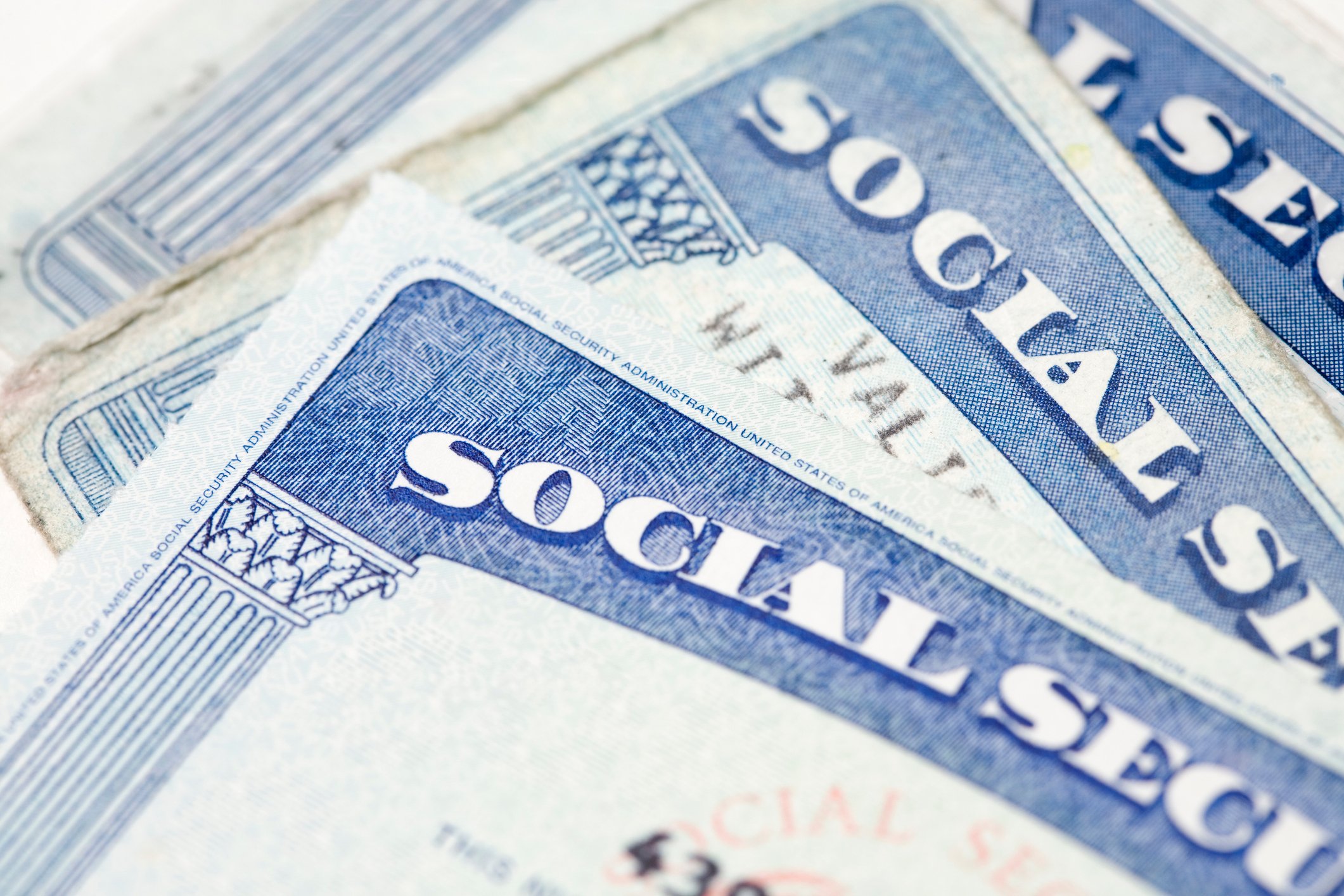Millions of seniors today rely on Social Security to stay afloat in retirement, and chances are, once retired, you'll do the same. But the decisions you make could result in a lower monthly benefit for life, and that's a situation you'd probably rather avoid. Here are a few reasons you could wind up with a reduced paycheck from Social Security.
1. You file for benefits before full retirement age
You're entitled to your full monthly Social Security benefit based on your earnings history once you reach full retirement age, which is either 66, 67, or somewhere in between, depending on your year of birth. Now you're allowed to start taking benefits as early as age 62, but for each month you claim them before full retirement age, they get reduced on a lifelong basis. File at 62 when you're not entitled to your full benefit until age 67, and you'll be looking at a potentially devastating 30% hit on your monthly income.

IMAGE SOURCE: GETTY IMAGES.
2. You don't work a full 35 years
Social Security doesn't pay seniors a uniform sum; rather, the monthly benefit you're entitled to is determined by taking your average monthly wages over your 35 highest-paid years in the workforce, adjusting them for inflation, and applying a special formula. If you don't have a full 35 years of earnings on file, you'll have a $0 factored in for those missing months, or years, of wages, which will bring your benefit down. As such, if you're nearing retirement and see that you haven't collected a full 35 years' worth of paychecks, you might consider extending your career until you've reached that point.
3. You don't check your annual earnings statements
Each year, the Social Security Administration (SSA) issues workers an earnings statement. That document should summarize your taxable wages for the year and also indicate what monthly benefit you can look forward to in retirement. It's important to check those statements for errors, because if your earnings are underreported, you could wind up with a lower benefit during retirement. If you're 60 or older, you'll get your annual statement by mail. Otherwise, you can create an account on the SSA's website to view yours.
4. Benefits are slashed across the board
The above items are all factors that may result in a lower Social Security benefit, but are also within your control. Well, here's one reason you might get less money from Social Security that you can't control: The program may have to slash benefits come 2035, which is when its trust funds are expected to run out of money based on recent projections. Of course, future cuts aren't set in stone, and many lawmakers are invested in avoiding them. But that possibility should be on your radar, and perhaps prompt you to ramp up your retirement plan contributions in case your benefits wind up lower than expected through no fault of your own.
The more money you wind up collecting from Social Security in retirement, the better. Be mindful of the things you can do to score a higher benefit -- you'll be thankful for that extra money in the long run.





